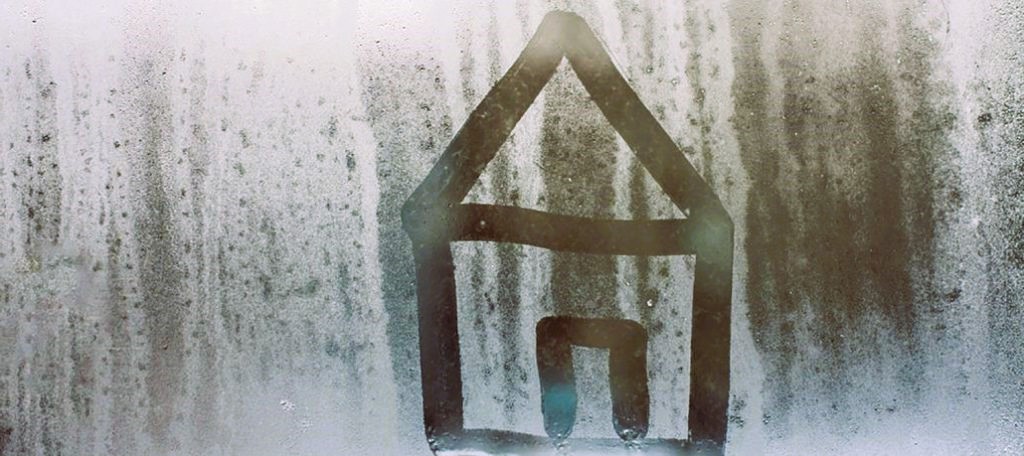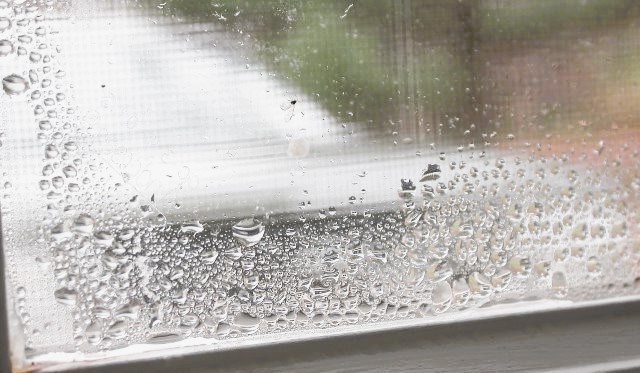
Why Do Plastic Windows Sweat?
Plastic or vinyl windows have become increasingly popular in recent years due to their durability, energy efficiency, and low maintenance. However, homeowners may sometimes notice condensation or “sweating” on the interior surface of these windows, especially during colder months. This phenomenon is often a cause for concern, as it can lead to issues such as mold growth, water damage, and reduced indoor air quality. In this article, we will explore the reasons behind why plastic windows sweat and how to address this common issue.
Understanding Condensation on Plastic Windows
Condensation on the interior surface of windows occurs when warm, moist indoor air comes into contact with a cold window surface. The moisture in the air condenses into water droplets on the window. Several factors contribute to this occurrence, including:
- Temperature Difference: When the outdoor temperature is significantly colder than the indoor temperature, the window’s interior surface becomes cold. As warm, humid indoor air contacts the cold window, condensation forms.
- Humidity Levels: High indoor humidity levels, which can be caused by activities like cooking, showering, and even breathing, increase the likelihood of condensation on windows.
- Insulation and Sealing: The quality of window insulation and sealing also plays a role. Well-insulated windows are less likely to develop condensation because they maintain a higher interior surface temperature.
The Pros and Cons of Plastic Windows
Before delving into how to mitigate condensation on plastic windows, let’s briefly explore the advantages and disadvantages of using plastic windows in your home.
Pros of Plastic Windows:
- Durability: Plastic windows, often made from vinyl or PVC, are highly durable and resistant to rot, corrosion, and insect damage.
- Energy Efficiency: They offer excellent insulation, which helps to reduce energy consumption and heating/cooling costs.
- Low Maintenance: Plastic windows are low-maintenance and do not require regular painting or staining.
- Affordability: They are cost-effective compared to other window materials like wood or aluminum.
- Sound Insulation: Plastic windows can provide good sound insulation, reducing outside noise.
Cons of Plastic Windows:

- Appearance: Some homeowners prefer the look of traditional wooden windows, and plastic windows may not match the aesthetic of older homes.
- Environmental Impact: The production and disposal of plastic windows can have environmental consequences, although some companies are working on more sustainable options.
- Condensation Issues: As discussed earlier, plastic windows may be prone to condensation in certain conditions. Do you like the article? Read also about Effective window design: balancing light and insulation.
Addressing Condensation on Plastic Windows
While condensation on plastic windows is a common issue, there are several steps you can take to mitigate it:
- Reduce Indoor Humidity: Using exhaust fans while cooking and showering, and maintaining a consistent indoor temperature can help reduce indoor humidity levels.
- Improve Ventilation: Proper ventilation throughout your home, including the use of fresh air exchanges, can help remove excess moisture from the air.
- Use Dehumidifiers: If high indoor humidity is a recurring problem, a dehumidifier can be a valuable addition to your home.
- Upgrade Insulation: Consider improving the insulation around your windows. Proper insulation helps keep the interior surface of the windows warmer, reducing the likelihood of condensation.
- Install Storm Windows: Storm windows can create an additional barrier between the indoor and outdoor temperatures, helping to minimize temperature differences.
Where to Find More Information
For additional information on plastic windows, their installation, and maintenance, you can visit the Wikipedia page on “Window” by clicking here.
In conclusion, understanding why plastic windows sweat and how to address this issue is crucial for maintaining a comfortable and healthy living environment. By taking appropriate measures to manage indoor humidity and improve insulation, homeowners can enjoy the benefits of plastic windows while minimizing condensation concerns.
